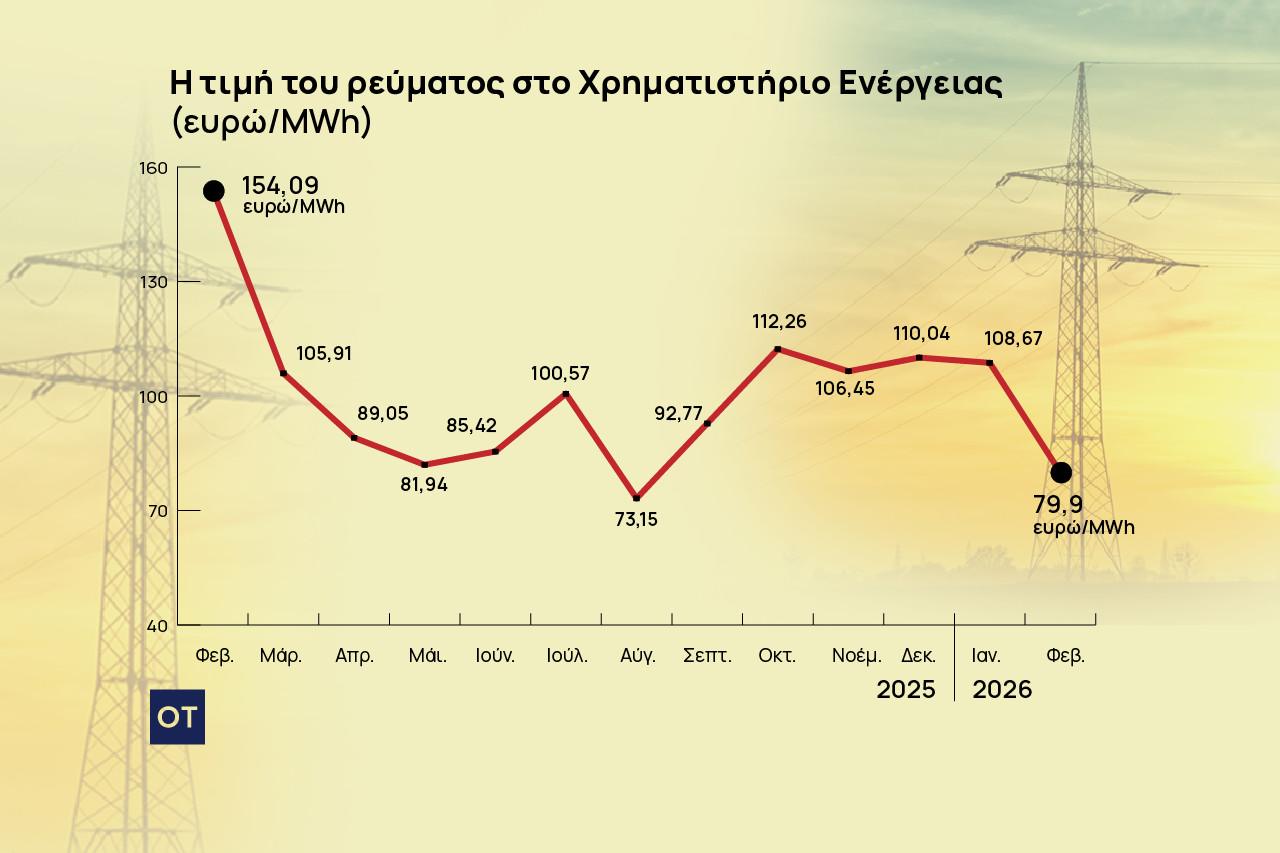Greece holds the unenviable first place in mortality rates from antimicrobial resistance (AMR), according to 2020 data from the Hellenic Health Organization’s antimicrobial resistance surveillance system, which is called WHONET.
Resistant microbes in Greece cause 20 deaths per 100,000 persons, against the EU average of 6 persons. Italy closely trails Greece and holds second place, posting 19 deaths per 100,000 persons.
The report at In.gr shows that Greece also leads in years of healthy life lost due to AMR, with data showing the country lost 585 years of healthy life per 100,000 in 2020, due to antimicrobial resistance.
WHONET reveals that resistance significantly increased during the COVID-19 pandemic and leads to the deaths of 2,100 people per year.
Furthermore, Greece leads in the consumption of antibiotics, such as carbepenems and polymixides. Specifically, the daily dose per 1,000 persons in Greece is 50,8% against 33.7% in EU.
Ten larger Greek hospitals revealed that just three microbes account for over 50% of hospital-acquired infections and that resistance to existing antibiotics has increased significantly.
The over-prescription of antibiotics in Greece is not limited to hospitals but also to the general public with Greece in second place, only to Cyprus. Data from 2020 shows the daily dose rate at 32.4 compared to the EU average of 18.
The report also highlights that, in 2023, COVID-19 deaths in Greece were similar in number to deaths from AMR.
According to the World Health Organisation (WHO), AMR is one of the 10 most serious threats to public health worldwide. The burden of AMR is extremely significant, with an estimated 5 million AMR-related deaths recorded each year, of which 1.3 million, or 26%, are attributed entirely to AMR.
Source: tovima.com






































